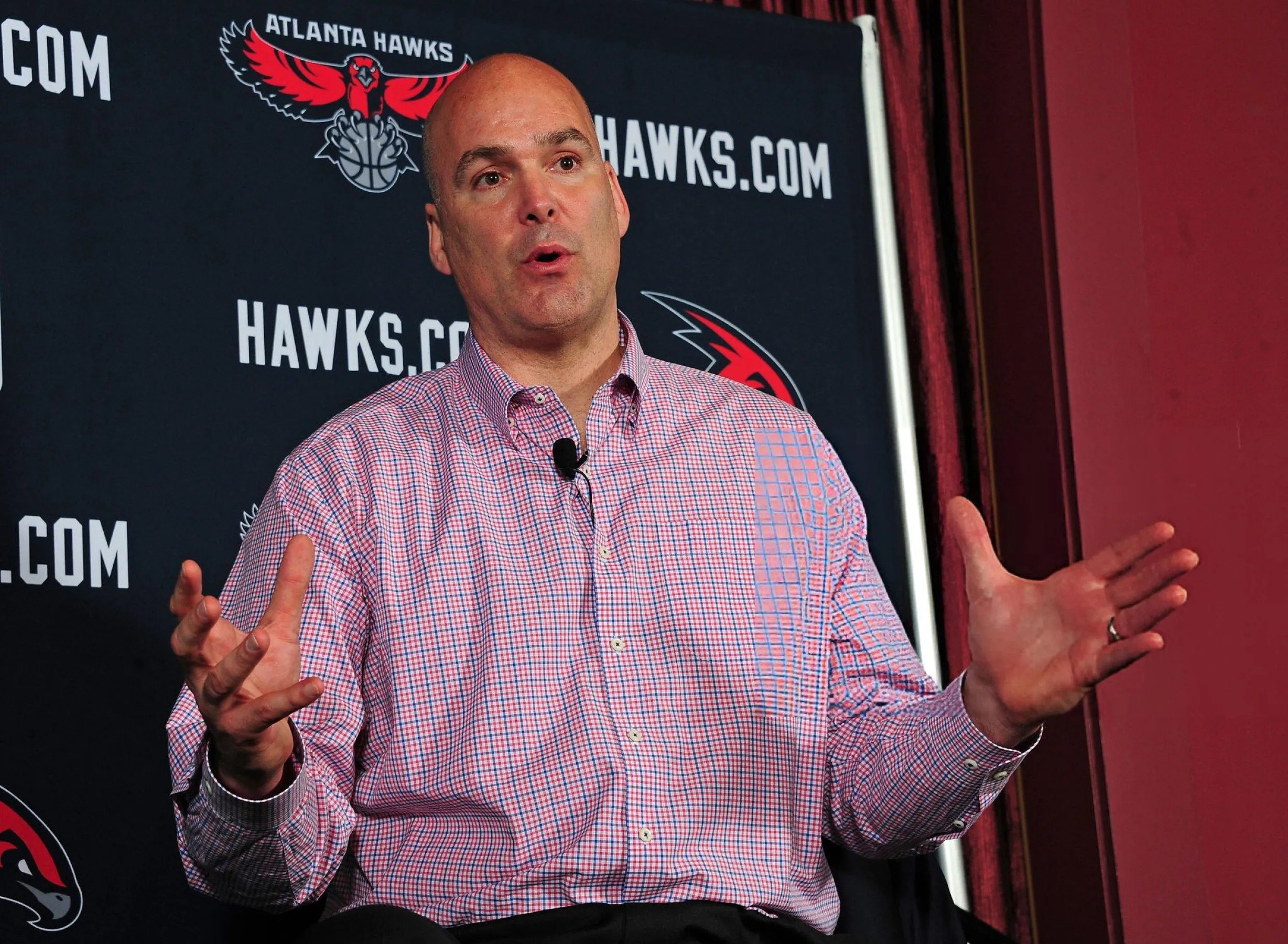Atlanta Hawks
Hawks Hesitant to Extend Trae Young Despite His Star Power

The Atlanta Hawks are grappling with a pivotal decision regarding their franchise cornerstone, Trae Young. As one of the league’s top offensive talents, Young’s ability to score and facilitate has positioned him as an essential part of the Hawks’ future. However, the organization appears hesitant to commit to a long-term extension that could consume a significant portion of their salary cap through the end of the decade.
Young’s unique skill set has made him a focal point for the Hawks since he entered the league. His ability to create shots, both for himself and his teammates, has elevated Atlanta’s competitiveness in recent seasons. Yet, as reported by Yahoo Sports, the Hawks’ management seems to be weighing the balance between Young’s offensive capabilities and his defensive liabilities. While he consistently dazzles fans with his scoring prowess, he has often been criticized for his lack of defensive effectiveness, raising questions about his overall impact on the game.
One of the central issues at play is whether Young is the type of player worth allocating a significant percentage of the team’s salary cap to. The potential contract extension would likely take up around 30% of the cap, a commitment that could limit the Hawks’ flexibility in building a well-rounded roster. The organization’s approach appears to be one of caution, as they evaluate their options not just in the immediate term, but also with an eye toward long-term sustainability.
The Hawks’ front office has expressed a desire to construct a roster that complements Young’s strengths while mitigating his weaknesses. The challenge lies in finding players who can bolster the defense and contribute to a balanced attack without sacrificing the team’s financial flexibility. Reports from Yahoo Sports suggest that Atlanta is looking for ways to enhance their roster without being overly reliant on their star point guard.
As the season progresses, the Hawks will need to make strategic decisions that could shape the future of the franchise. Young’s performance will undoubtedly play a crucial role in these deliberations. If he can elevate his defensive game and lead the team deeper into the playoffs, the narrative surrounding his extension may shift favorably. Conversely, if the Hawks struggle in the postseason, the front office may feel even more pressure to reassess their long-term commitments.
In the competitive landscape of the NBA, the Hawks must decide if they can afford to invest heavily in Young while simultaneously building a championship-caliber team. The outcome of this decision could have lasting ramifications for the franchise, influencing not only their immediate strategy but also their positioning in the league for years to come.
As the Hawks navigate this critical juncture, fans and analysts alike will be closely monitoring developments. The duality of Young’s offensive brilliance and defensive shortcomings presents a fascinating case study in modern basketball management, one that could define the Hawks’ trajectory for a decade.










